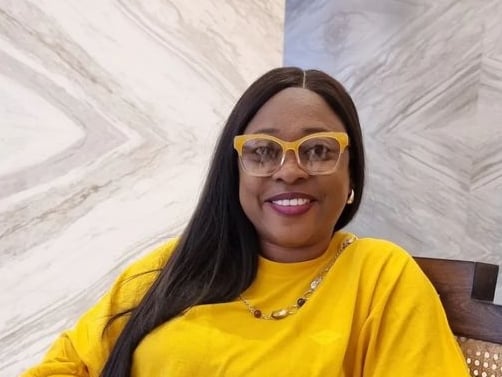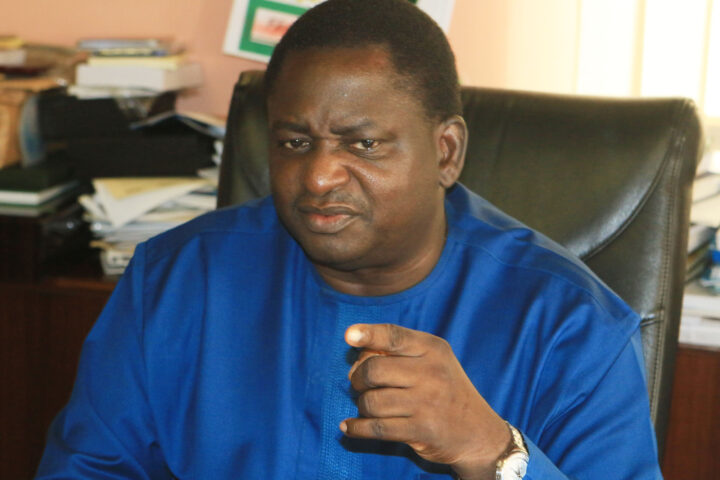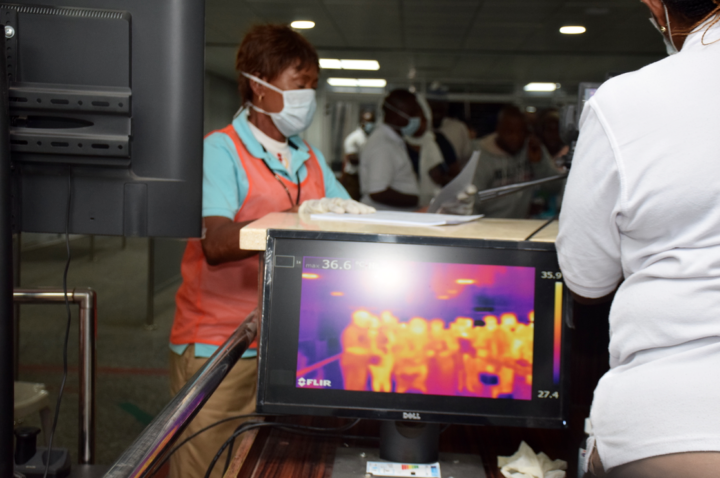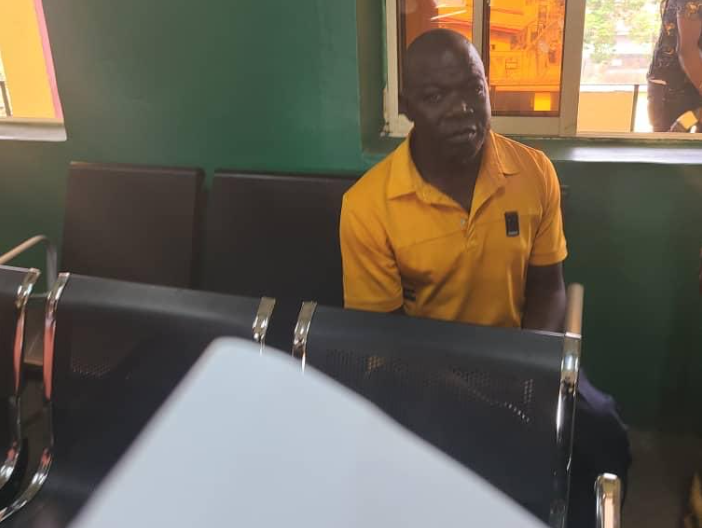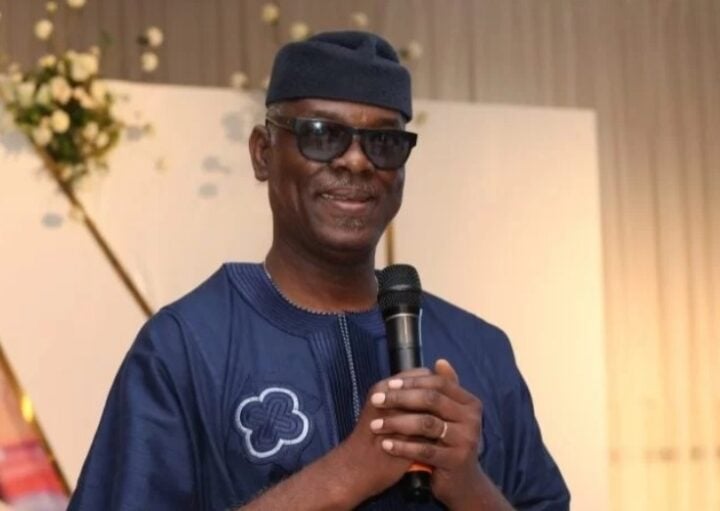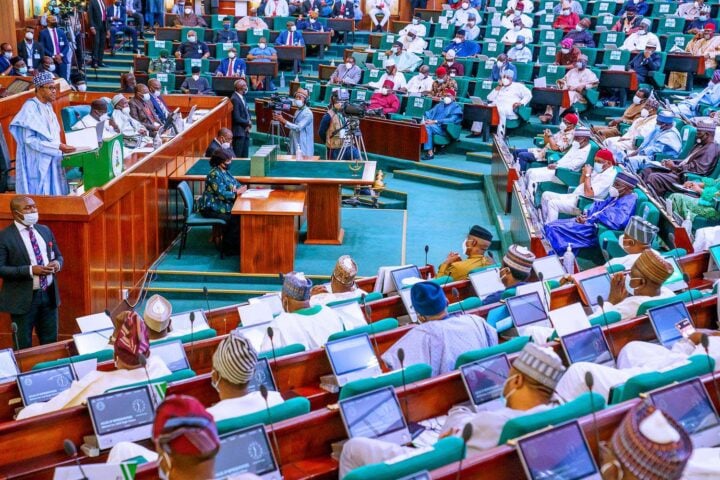Before Bolanle Raheem, the lawyer shot by a police officer, was confirmed dead at Grandville Hospital, she had been taken to two other places — Budo Specialist Hospital and Doren Specialist Hospital — both located along Lekki-Epe expressway in the Ajah area of Lagos state.
On Thursday, TheCable visited both hospitals to understand what transpired regarding the medical treatment of the deceased.
BACKGROUND
Raheem was, on Sunday, shot dead when she was returning home from a Christmas outing with her family. The incident has sparked widespread criticism, while Drambi Vandi, the officer at the centre of the shooting, has been suspended and is currently in detention.
Advertisement
Recounting what transpired after the shooting, Gbenga Raheem, the deceased’s husband, said Bolanle was initially taken to Budo Hospital, after which she was referred to Doren Hospital.
“We headed to Budo Hospital. On getting there, I brought her out. They said they could not handle it and that we should go to Doren hospital,” Gbenga had said.
“Then we went to Doren. They tried to put bandages and cotton wool on her chest. They asked what happened. I said the police shot her. They tried to put oxygen on her because she said she couldn’t breathe. They tried to put syringe on her hand too.
Advertisement
“They eventually said since it is a bullet thing, they can’t handle it; that I should take her to Grandville Hospital at VGC. On getting there, they declared that she was no more.”
‘SHE NEEDED URGENT SURGERY’
There have been speculations over whether the deceased was initially denied medical treatment — an action contrary to the provisions of the Treatment and Care for Victims of Gunshot Act, 2017. The law provides for immediate treatment of gunshot victims, with or without police clearance.
Speaking with TheCable, Adewoye Rotimi, medical director of Budo Specialist Hospital, said the lawyer was referred because of the nature of the injury.
Advertisement
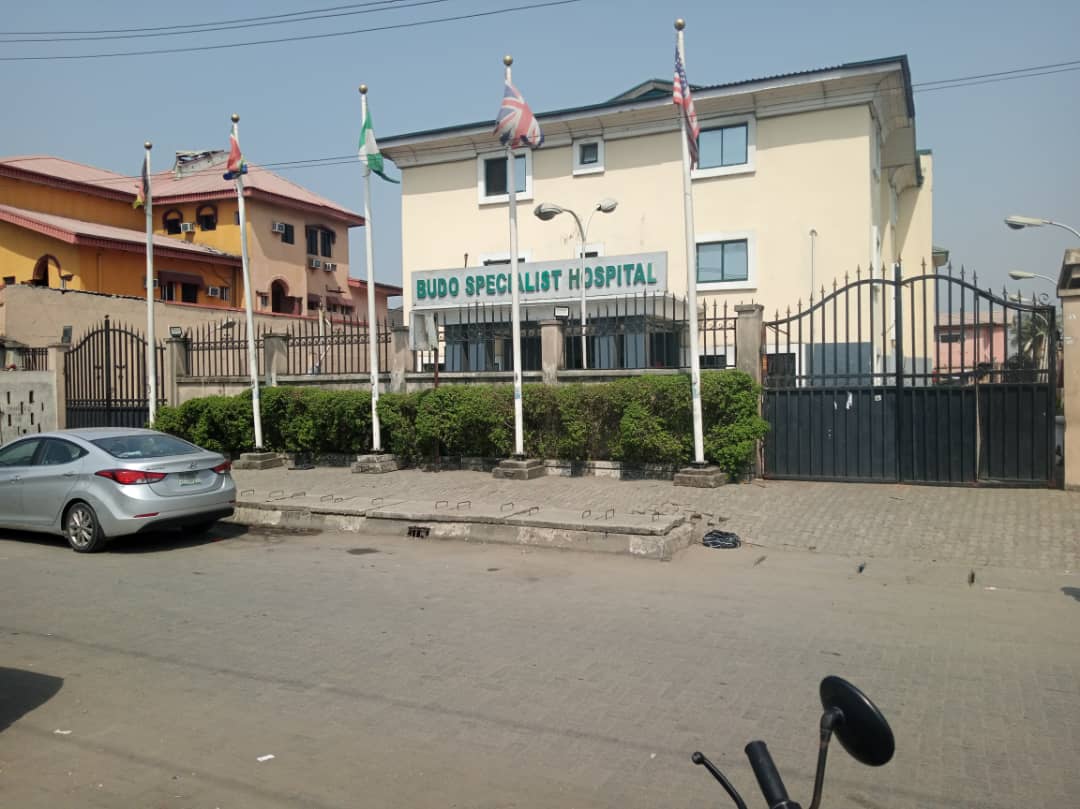
“She was referred to another hospital. There is a serious difference between ‘rejected’ and ‘referred’. We don’t reject any patient here,” he said.
“When we saw the extent of the injury, we knew we couldn’t handle it. The case was an open chest injury by gunshot. The whole chest was scattered by the gunshot and it would require a cardiothoracic surgeon.
“It is an open chest injury, which we don’t have the capacity to handle. On that note, we told them to urgently take her to another facility.
“We knew that it was a cardiothoracic surgery issue. There was no point pretending that we could do something about it. If you saw the extent of the wound, only a cardiothoracic surgeon could do something about it. The heart and everything had been punctured. It was a close shot into the chest. The chest was scattered.”
Advertisement
The medical doctor added that the deceased was gasping for breath when she was brought into the hospital.
Meanwhile, when TheCable visited Doren Hospital, the reporter was directed to the administrative department.
Advertisement
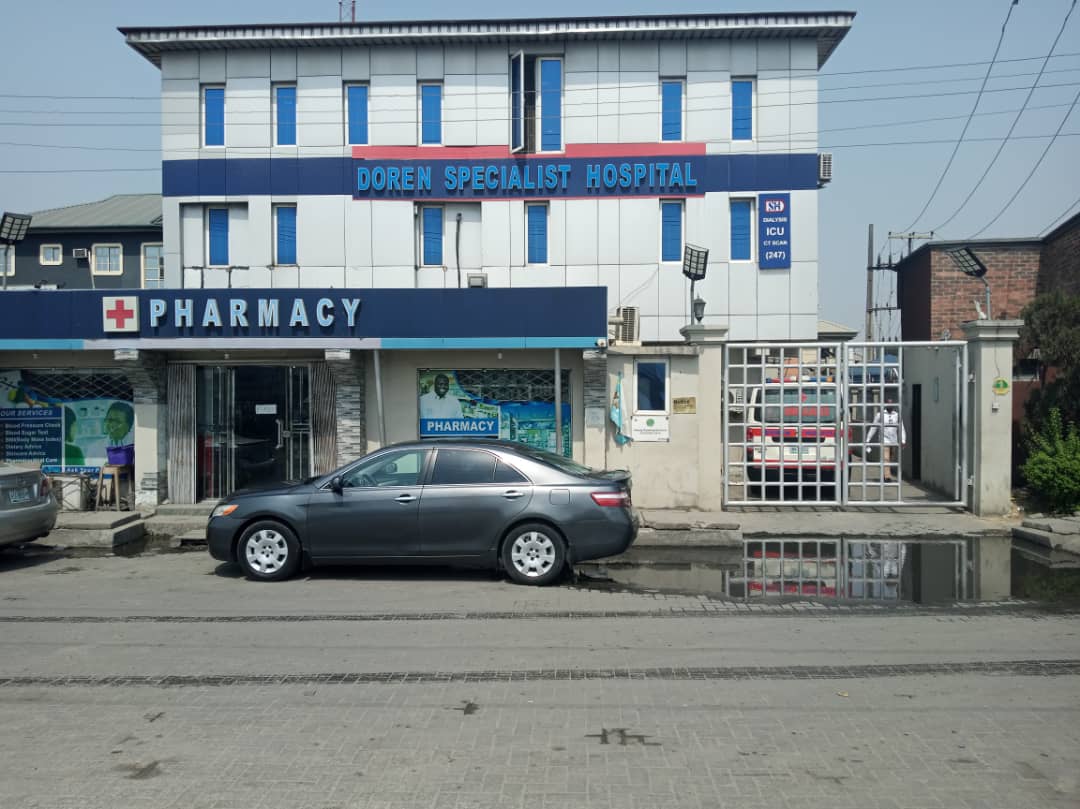
At the admin department, a female personnel, who declined to mention her name, was asked why the lawyer was referred.
“The media cannot approach a hospital for a patient’s personal record. It is more or less a personal record that you are demanding,” the hospital official said.
Advertisement
DOES NIGERIA HAVE ENOUGH CARDIOTHORACIC SURGEONS?
In line with the concerns raised by Budo Specialist Hospital, Raheem may have stood a chance of survival if she underwent prompt cardiothoracic surgery.
Advertisement
Cardiothoracic surgeons specialise in operating on the heart, lungs, and other thoracic (chest) organs.
As recently as February 2022, Peter Adeoye, a professor of thoracic and cardiovascular surgery at the University of Ilorin Teaching Hospital (UITH) — in an interview with Tribune — had expressed concern over the ratio of surgeons to patients in Nigeria.
“A lot of things are going on in this country with surgery in general. In Kwara state, we have only two cardiothoracic surgeons. I used to be the only one until 2021. Between 2006 and 2008, I was the only thoracic and cardiovascular surgeon in Kwara and Kogi states,” he had said.
“In the whole of Nigeria, we are about 75 now for a population of 200 million. Out of this figure, only about 52 percent are actively practising, as many end up in institutions that do not have the instruments for them to do the work.”
As the investigation into the death of Raheem continues, it further calls into question the concerns raised by the Nigerian Medical Association (NMA) over brain drain and the likelihood of Nigeria needing to “import doctors” in the future.
